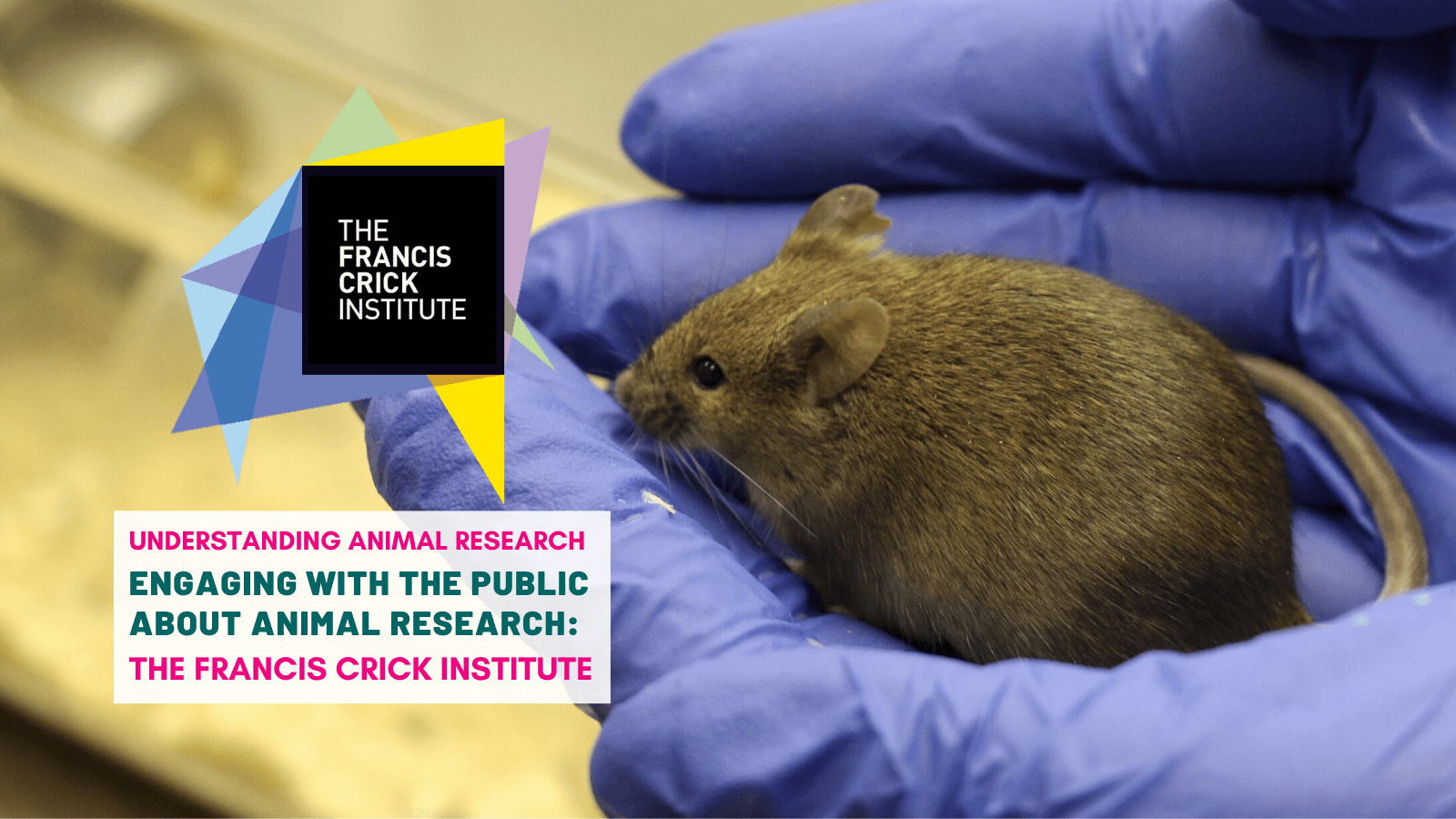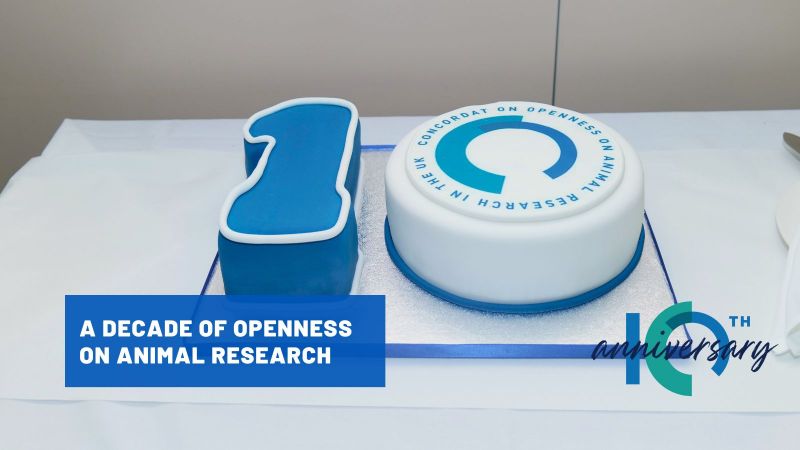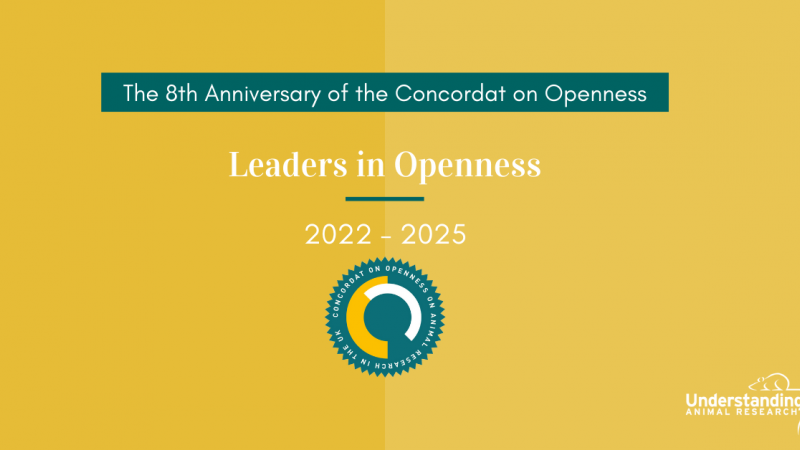
The Francis Crick Institute was recently awarded an openness award for its public engagement activities, in particular its use of Instagram stories.
The Institute hosts a lot of research projects in different areas of the biomedical sector and 60% of them use animals. Animal research is a common topic at the Francis Crick Institute, and it does not shy away from talking about its use of animals.
“Animal research is embedded in the majority of Crick research projects,” describes Rosie Waldron, Head of Public Engagement at The Crick. “In most cases, we can’t talk honestly and authentically about our research without talking about animal research.”
So talking about animals in research came quite innately in their public engagement activities. Naturally, animals will be mentioned in their exhibitions that deep dive into some of the research areas at The Crick. The recent example, the “Outwitting Cancer” exhibition, featured at lot of work conducted at The Crick, including animal research. Equally, animal research finds a place in their public events program, that focus on attracting audiences that might not be very familiar or engaged with science.
During the pandemic, The Crick took their engagement programs to social media. The Institute has cut a swathe through Instagram in recent years with clear, crisp posts on important issues. They broadcasted questions in their stories, some focused on animal research, that were answered by scientists.
“These were really successful,” describes Rosie Waldron. “We try to train, advise, and support our researchers to talk on sensitive and emotive topics like animal research. We want to make sure they are prepared to talk to the public and comfortable in being open about the animal research.”
And open they are.
“We feel we have an obligation to be open about what we’re doing,” Jan-Bas Prins, Director of the Biological Research Facility at The Francis Crick Institute, told UAR. “It’s about sharing what science we are doing, how we do it, and how it contributes to society – so that means not just sharing our results in scientific publications, but also directly with the public.”
Many members of the public are concerned about animal experimentation, but from the Crick’s experience, the public approaches the subject with interest, open mind and acknowledging importance of research with animal use where necessary.
“We explain what we’re doing and try to make clear where we need animals and where we can do without them; how we try to avoid using them where possible – this is part of our work, and we’re trying to share about everything in our work from start to finish,” adds Jan-Bas Prins. “We do try to find the right words, but we are not hiding. We phrase it in a way we hope is clear. The public knows when you’re hiding things. What we need is honesty and sincerity, so people can understand our intentions and the reasons behind our choices.”
Rosie Waldron adds :
“Public engagement and inspiring the public is embedded in our strategy. Our approach is conversational. It invites dialogue in a non-confrontational way. You’re entering that conversation with curiosity. Our researchers are passionate about their science, and might talk about the vital role that animal research plays in their work. People might question that, but it’s within a space of openness and dialogue.”
The mix for success according to The Crick? Clarity, sincerity, dialogue, and a pinch of fun, while not shying away from topics that cause debates and opinions.
Read more on Openness Activities from Concordat on Openness Signatories
Openness Awards and Paget Lecture 2022
Openness Awards and Paget Lecture 2021
Openness Awards and Paget Lecture 2020
For all other Openness Awards and Paget Lectures see: Paget Lecture
Last edited: 12 April 2024 09:32



